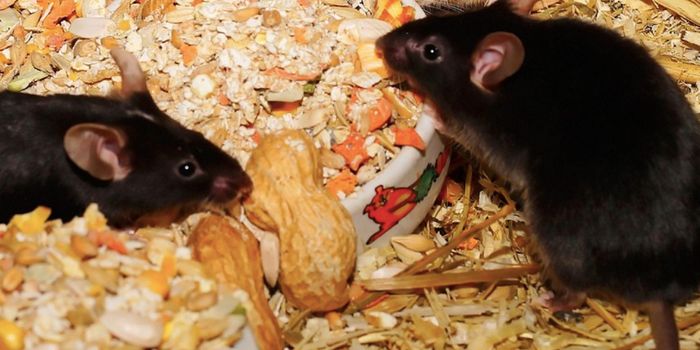Insecticide Spray Made to Control Zika Inadvertently Kills Millions of Honey Bees
Millions of innocent honeybees were reportedly killed off in South Carolina this month by a potent insecticide that was designed to control mosquito populations and prevent Zika virus transmission.

The insecticide was unloaded by airplane so it could easily cover a large area of the state. Unfortunately, what was intended to help protect human lives actually ended up having a detrimental effect on other species, which it was not intended for.
One of the places to take a large blow was an apiary by the name of Flowertown Bee Farm and Supply in Summerville, South Carolina, where apiary co-owner Juanita Stanley has been very vocal about her frustration with this failed attempt. The video below, posted on the apiary’s Facebook page, shows the damage:
“There was no need for a bee suit Monday morning to go down there, because there was no activity. It was silent,” Ms. Stanley said. “Honestly, I just fell to the ground. I was crying, and I couldn’t quit crying, and I was throwing up.”
"Those that didn't die immediately were poisoned trying to drag out the dead," Ms. Stanley continued. "Now, I'm going to have to destroy my hives, the honey, all my equipment. It's all contaminated."
The mosquito-killing insecticide is used often in South Carolina, but it’s typically put into the air by trucks that drive around with pumps during certain hours of the day when bees are safe in their hives. Unfortunately, this is the first time the state has used planes as a means of dropping the insecticide, and they did so during hours when the bees were out and about.
According to officials, the local businesses including Ms. Stanley’s apiary were supposed to be notified about the insecticide spraying, but the news never got out because of a forgetful mind.
The county responsible for the insecticide dump is reportedly working with local honeybee businesses to try and reimburse them for their lost honeybees, but the business owners still aren’t happy with this thought because their entire business is now in shambles with the loss of their honeybees.
There is much concern about the spread of the Zika virus in the United States, and an attempt to ward off the virus by killing off mosquitoes would have certainly helped, but the time of day chosen to dump the poison was most certainly an ignorant mistake.
Most mosquito-control tactics occur later at night, but this time the dump was made during the day, which probably impacted more pollinating species than just honeybees. This mistake could mean a long time before these pollinators’ numbers return.
Clearly, we need to make sure we're doing our research on the environment before we go spraying these kinds of things into the air to take on such a big problem.
Source: New York Times, CNN








